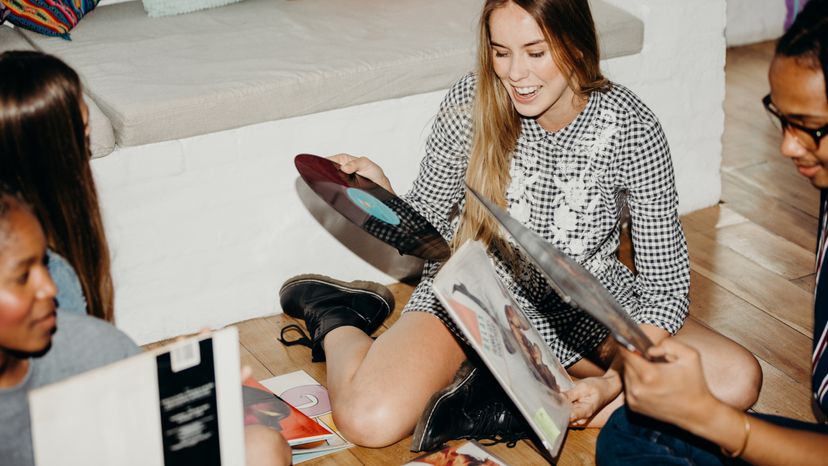
Vinyl records are not dead. On the contrary, as music becomes increasingly digitized, sterilized, and neutralized, a growing number of purists are turning back to traditional vinyl records, which they consider to be of superior sound quality. In fact, many rock music icons are big proponents of the vinyl movement, including Mick Jagger, who co-produced the recent HBO television show about the 1970s music industry fittingly called Vinyl, and Neil Young, who is the founder and principal investor of a company called “PonoMusic” that seeks to replicate the sound of vinyl records through digital recordings. Along with Mick and Neil, there are many other vinyl enthusiasts who scour specialty record shops, flea markets, and search online for the perfect old school album or recording. If you’re wondering how to get in on the vinyl renaiisance yourself, here are 10 tips for starting your own record collection:
Advertisement